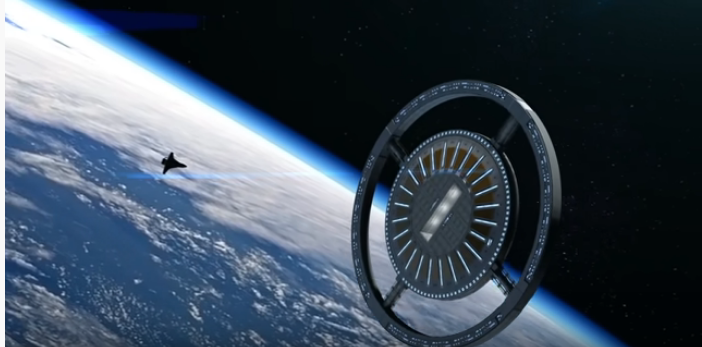
California-based Space Studies Institute is updating the late Princeton physicist Gerard O’Neill's vision of space settlements 50 years ago.
According to experts at Space Studies Institute, they are trying to revisit O’Neill’s original vision of space settlements in his book “The High Frontier”. They will be focusing on updating its content for the 21st century.
With the help of his students, O'Neill published the book, which details a plan for freestanding space colonies.
At a conference held at Seattle’s Museum of Flight, Edward Wright, a senior researcher at the Space Studies Institute, pointed out "The fact is, a lot has changed in the last half-century." Experts and entrepreneurs at the conference discussed concepts inspired by O’Neill's habitats as well as National Aeronautics and Space Administration (NASA)-led initiatives such as the moon-orbiting Gateway and the Artemis program that would send astronauts to the moon's surface by 2024.
John Blincow, president of the Gateway Foundation and a former airline pilot, explained "The biggest challenge for all of us in this room … is not engineering. We’ve got brilliant engineers here. It’s economics.” The Gateway Foundation’s Von Braun Rotating Space Station would be a 625-foot-wide space ring that could accommodate up to 400 people in low Earth orbit and would have amenities such as restaurants, movie theaters and sports facilities. Bincow says that the estimated cost to build the space station is at $70 billion.
The renewed interest in space settlements has been attributed to space-minded businessmen, including Amazon CEO Jeff Bezos, SpaceX CEO Elon Musk and Virgin Galactic founder Richard Branson. SpaceX is driving the cost of access to space down making logistics for constructing these space stations more feasible while Bezos’ Blue Origin space venture aims to do the same.
Space settlement advocate Al Globus, who formerly worked at NASA’s Ames Research Center, pointed out that "A space hotel has requirements fairly similar to a space settlement. So you can build a small hotel, which you could do with a single launch, and you could start gaining revenue. If your small hotel is successful, you build a bigger one.”






